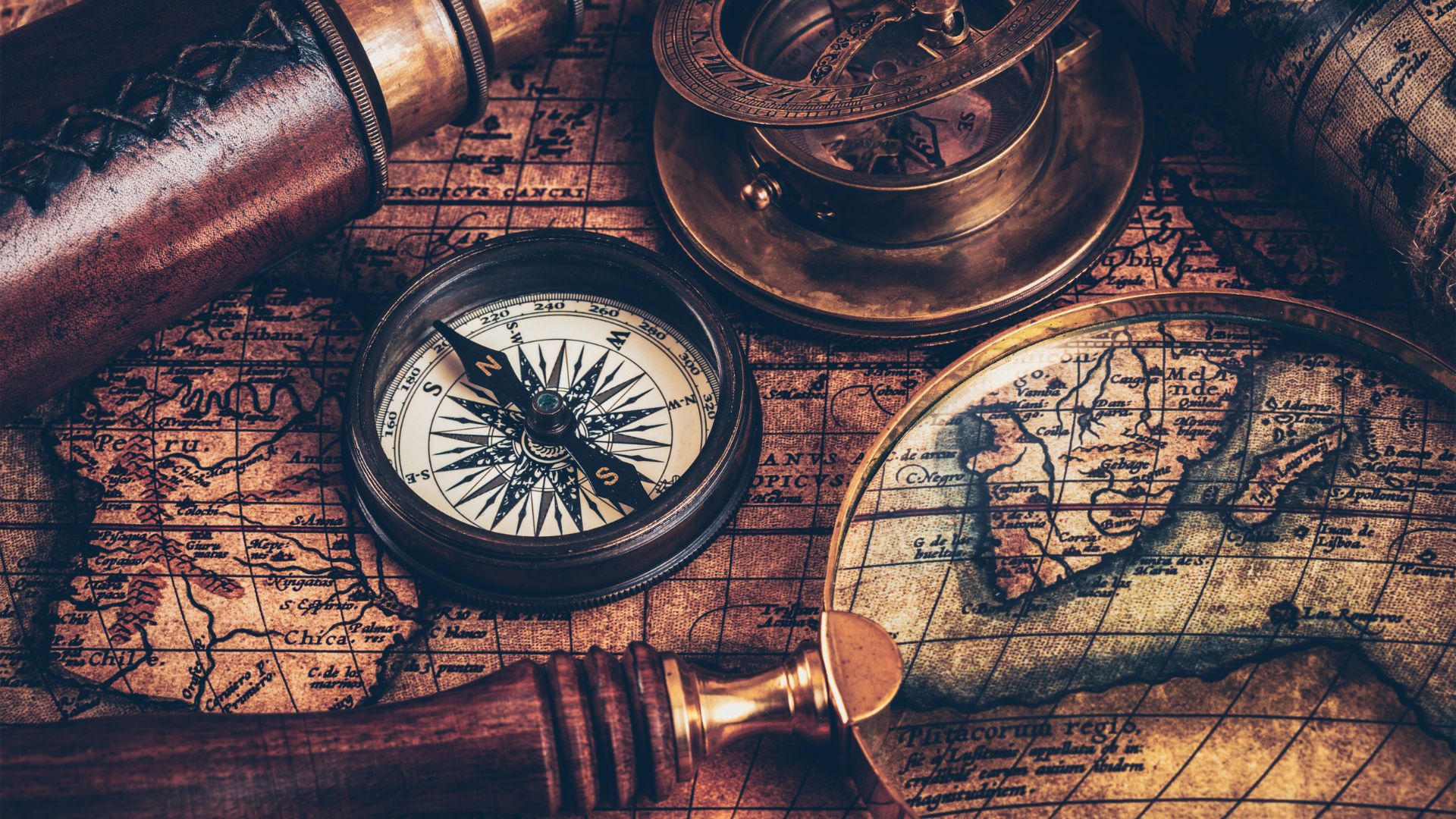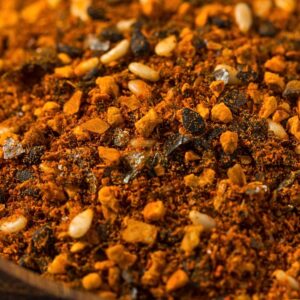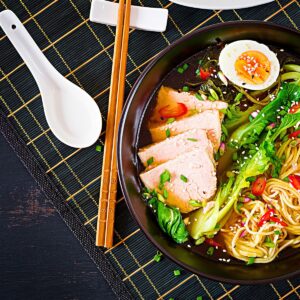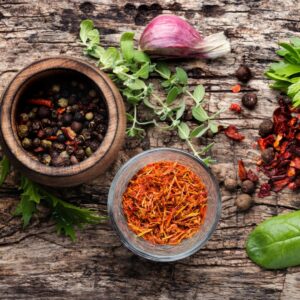The spice trade stands as a testament to the power of flavor and the pursuit of exotic ingredients throughout history. From ancient times to the present day, the spice trade has shaped economies, sparked exploration, and connected cultures across the globe. Let us delve into the fascinating journey of the spice trade, from its origins along ancient routes to its impact on modern globalization.
Origins and Ancient Routes
The roots of the spice trade can be traced back thousands of years to early civilizations in Asia, the Middle East, and the Mediterranean. Spices such as cinnamon, pepper, cloves, and nutmeg were highly prized for their ability to enhance the taste and aroma of food. They were also revered for their medicinal properties, which were believed to cure ailments and preserve health. These valuable commodities were transported along intricate trade routes, from the Spice Islands of Southeast Asia to the Mediterranean and beyond.
The Silk Road: A Crossroads of Trade, Ideas, and Spice
One of the most renowned historical spice routes was the Silk Road, a network of trade routes that connected East Asia to the Mediterranean world. The Silk Road facilitated the exchange of goods, ideas, and cultures, with spices being a significant component of this vibrant trade. Merchants from various regions traversed treacherous terrains, enduring long and perilous journeys to bring coveted spices to distant markets. The spice trade flourished, igniting cultural exchange, and fueling the growth of civilizations.
Age of Discovery: Exploration, Empires, and the Race for Spices
During the Middle Ages, the spice trade played a pivotal role in the emergence of powerful empires and the exploration of new lands. European nations, such as Portugal and Spain, sought direct sea routes to spice-rich regions, leading to the Age of Discovery. Explorers like Vasco da Gama and Christopher Columbus embarked on ambitious voyages in search of these valuable commodities. Their discoveries not only revolutionized the spice trade but also reshaped the geopolitical landscape, leading to colonization and the establishment of far-reaching trade networks.
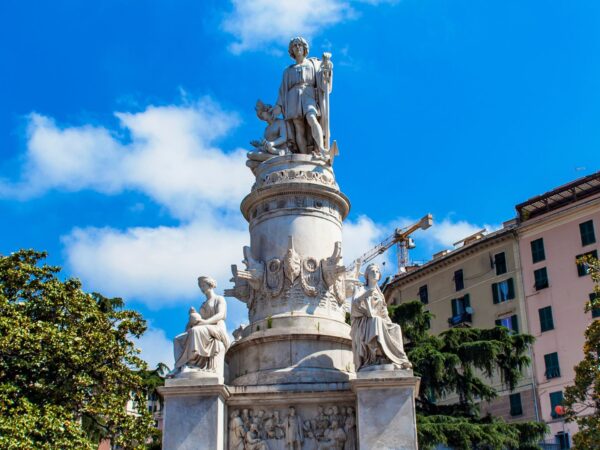
Colonization and Global Impact: Power Struggles and Lasting Influences
The allure of spices and the immense profits they generated sparked fierce competition among nations. The control of spice-producing regions became a driving force behind political and military endeavors. The Dutch, British, and Portuguese established colonies and trading posts in areas like the Spice Islands (present-day Indonesia) to gain a monopoly over the spice trade. These colonial powers had a significant impact on the local economies and cultures of these regions, leaving lasting imprints that can still be seen today.
Modern Globalization: Accessibility, Commerce, and Cultural Exchange
With the advent of modern transportation and globalization, the spice trade has undergone significant changes. Technological advancements, such as refrigeration and air transportation, have made spices more accessible and affordable worldwide. Today, spices from around the globe can be found in local supermarkets, allowing people to explore and experiment with flavors from diverse culinary traditions. The spice trade has become a driving force in the growth of international commerce, fostering economic development and cultural exchange between nations.
Beyond the Culinary World: Spices in Cosmetics, Fragrances, and Medicine
Furthermore, the spice trade has not only shaped the culinary world but has also influenced industries beyond food. The cosmetic, fragrance, and pharmaceutical industries utilize spices for their aromatic and medicinal properties. Essential oils extracted from spices are used in perfumes, skincare products, and alternative medicine practices, offering a sensory experience and therapeutic benefits.
Key Takeaway
The spice trade represents a remarkable chapter in human history, driven by the desire for unique flavors, wealth, and exploration. The spice trade has left an indelible mark on the world. It has not only connected people and cultures but has also shaped economies, ignited exploration, and fostered cultural exchange.
So, the next time you savor the warmth of cinnamon in a comforting dessert or experience the fiery kick of chili peppers in a vibrant dish, remember the journey that these spices have taken. They carry with them the stories of ancient civilizations, the brave explorers, and the interconnectedness of our world.

